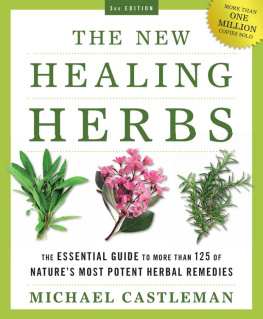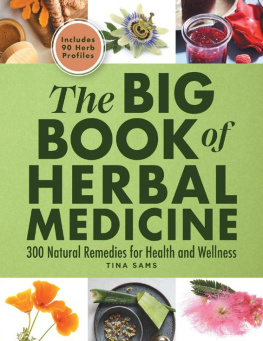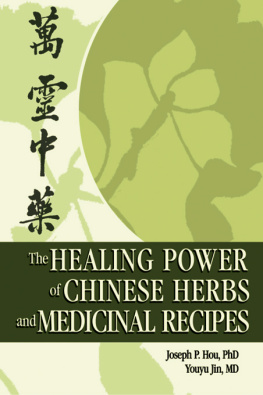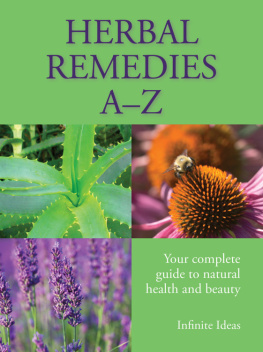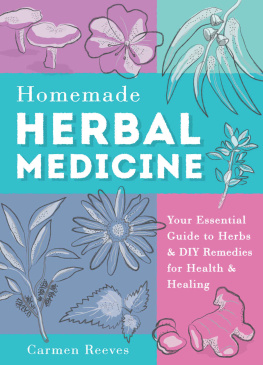The best herbalism books for beginners present not only the information we want to know but also information we need to know if we are to establish a strong foundation in herbal medicine. Katja Swift and Ryn Midura offer us just this, infusing their deep understanding of herbalism and wellness into this practical guide to herbs and their virtues.
jim mcdonald, Herbalist and founder of HerbCraft.org
Katja Swift and Ryn Midura have written an inviting book on herbalism for beginners. I love that their herbal profiles include plants energetic qualities (like warming, drying, or cooling) and the many ways plants affect our health (like the way angelica can ground us). Katja and Ryn offer remedies for everything, from making a fever to breaking one. If youre new to herbs, then this book is for you.
Henriette Kress , Herbalist, author of Practical Herbs , and founder of one of the Internets oldest herbal websites, Henriettes-Herb.com
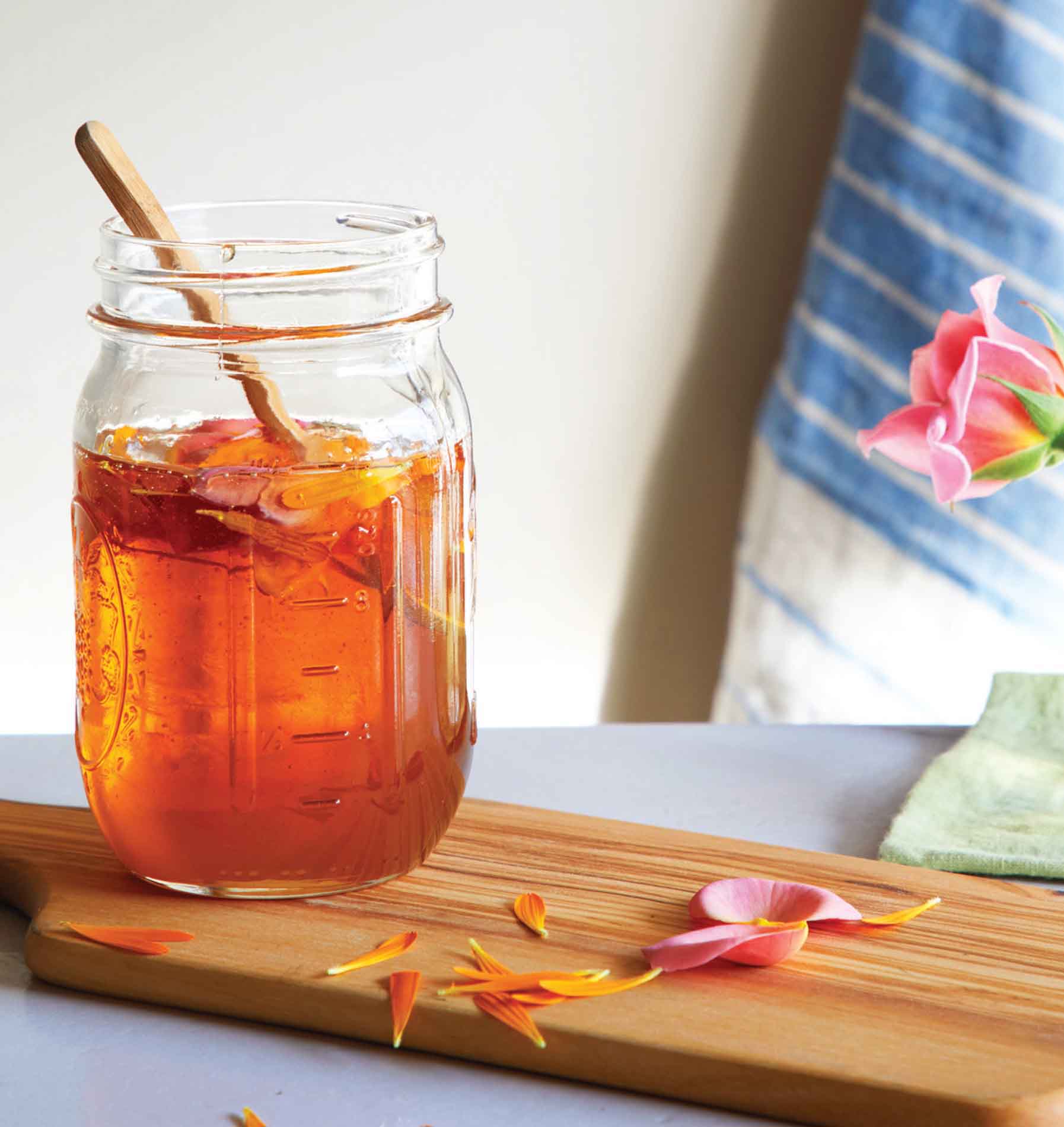
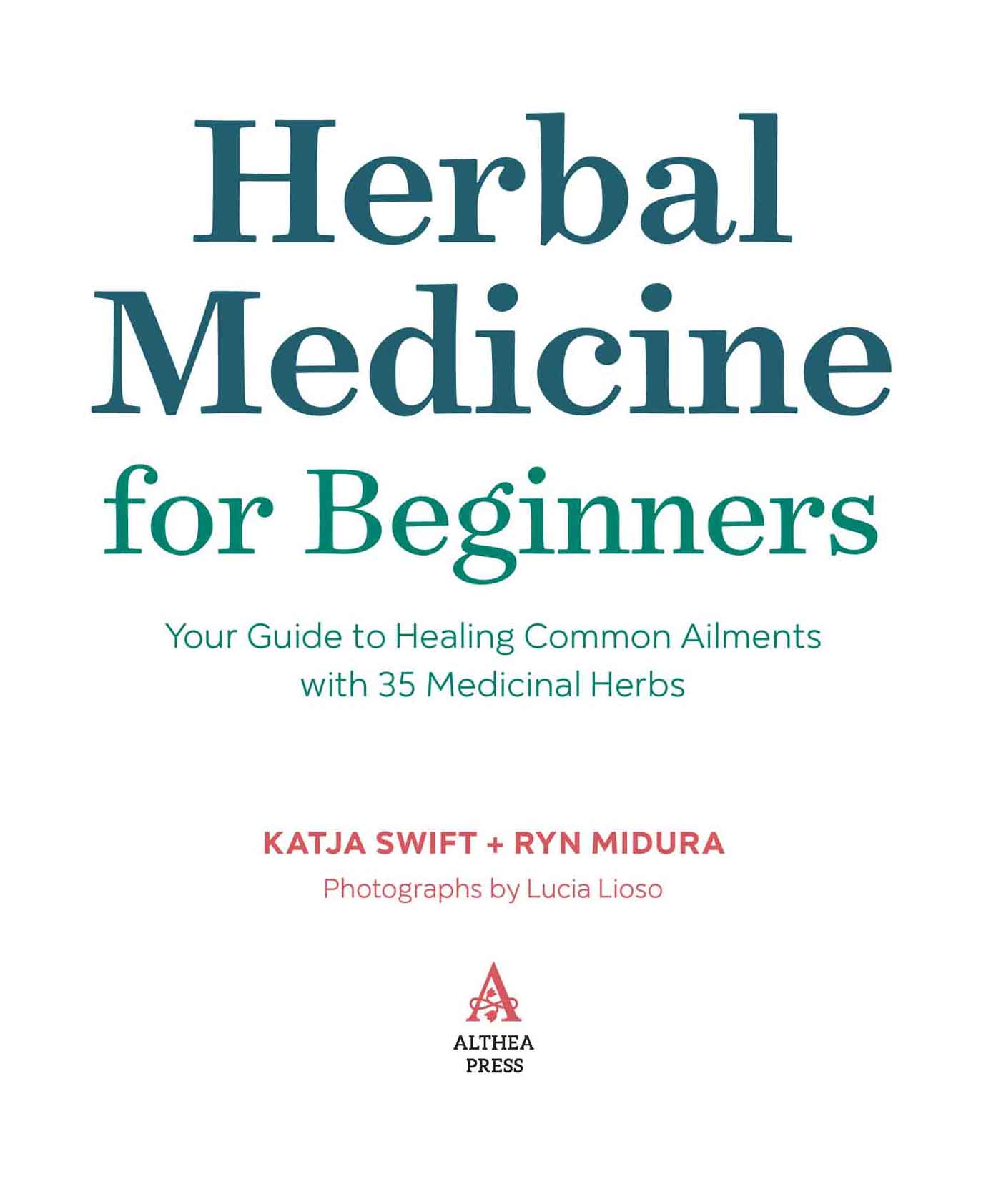
Copyright 2018 by Katja Swift and Ryn Midura
No part of this publication may be reproduced, stored in a retrieval system, or transmitted in any form or by any means, electronic, mechanical, photocopying, recording, scanning, or otherwise, except as permitted under Sections 107 or 108 of the 1976 United States Copyright Act, without the prior written permission of the Publisher. Requests to the Publisher for permission should be addressed to the Permissions Department, Althea Press, 6005 Shellmound Street, Suite 175, Emeryville CA 94608.
Limit of Liability/Disclaimer of Warranty: The Publisher and the author make no representations or warranties with respect to the accuracy or completeness of the contents of this work and specifically disclaim all warranties, including without limitation warranties of fitness for a particular purpose. No warranty may be created or extended by sales or promotional materials. The advice and strategies contained herein may not be suitable for every situation. This work is sold with the understanding that the publisher is not engaged in rendering medical, legal, or other professional advice or services. If professional assistance is required, the services of a competent professional person should be sought. Neither the Publisher nor the author shall be liable for damages arising herefrom. The fact that an individual, organization, or website is referred to in this work as a citation and/or potential source of further information does not mean that the author or the Publisher endorses the information the individual, organization, or website may provide or recommendations they/it may make. Further, readers should be aware that websites listed in this work may have changed or disappeared between when this work was written and when it is read.
For general information on our other products and services or to obtain technical support, please contact our Customer Care Department within the United States at (866) 744-2665, or outside the United States at (510) 253-0500.
Althea Press publishes its books in a variety of electronic and print formats. Some content that appears in print may not be available in electronic books, and vice versa.
TRADEMARKS: Althea Press and the Althea Press logo are trademarks or registered trademarks of Callisto Media Inc. and/or its affiliates, in the United States and other countries, and may not be used without written permission. All other trademarks are the property of their respective owners. Althea Press is not associated with any product or vendor mentioned in this book.
Photography Lucia Lioso, 2018
ISBN: Print 978-1-93975-493-6 | eBook 978-1-93975-494-3
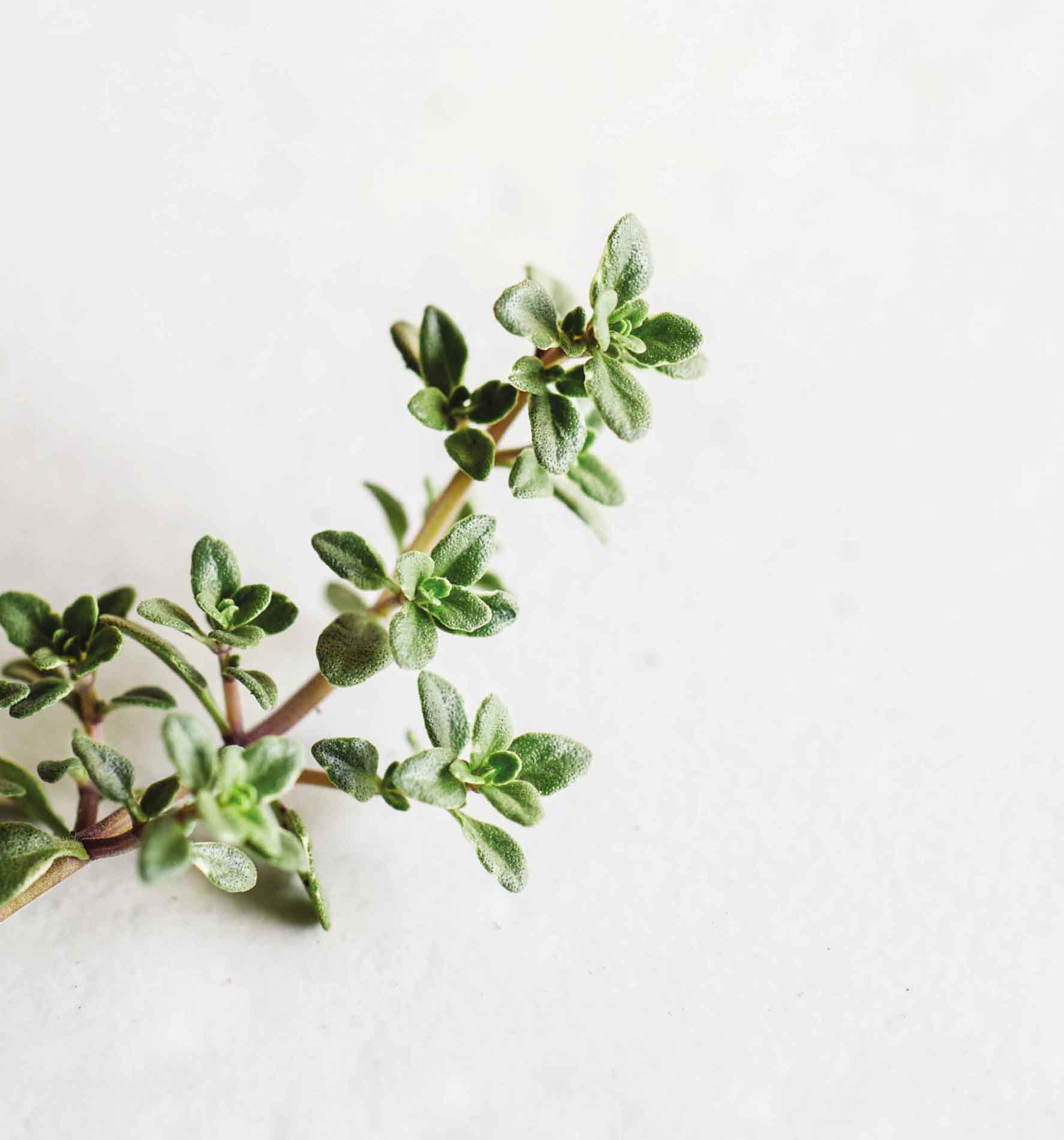
To Amber & Elsie
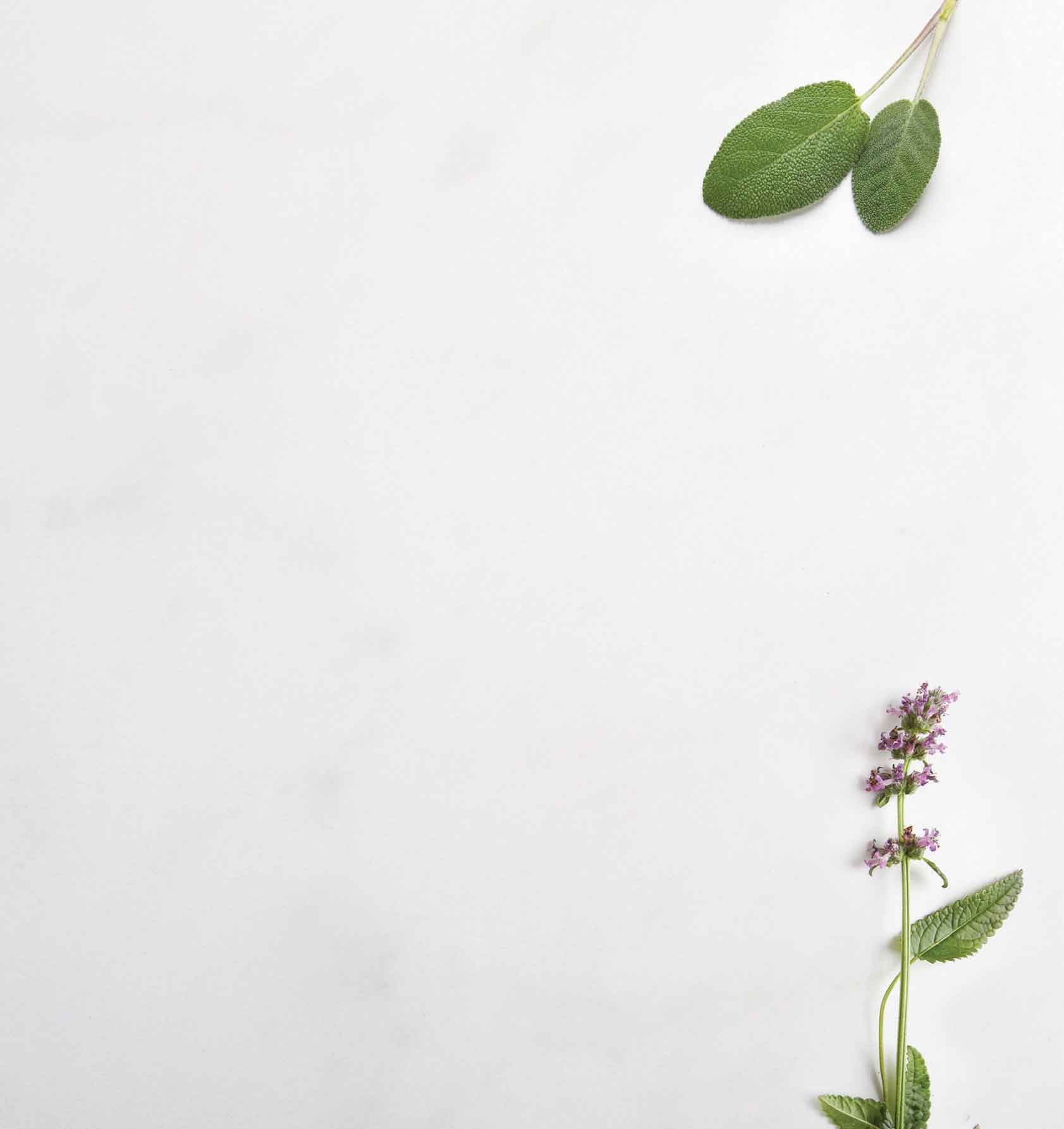
Contents
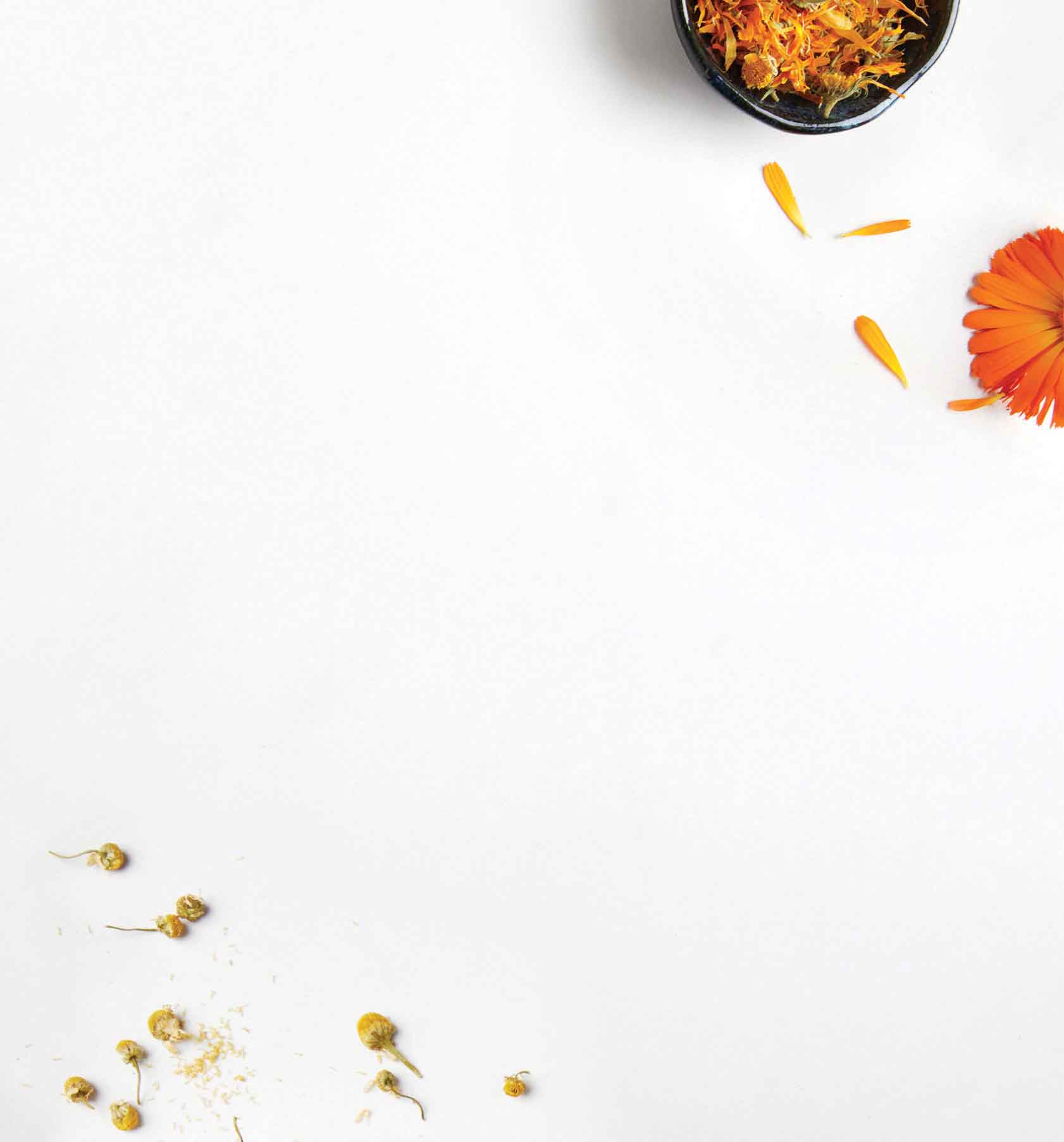
WE STARTED AN HERB SCHOOL TOGETHER in Boston in 2010 and married in 2014. Were one of the few husband and wife herbalist teams in the country, and we think that gives us a unique perspective on the plants. Plants are like people: Just like everyones relationship with a particular person is a little bit different, everyones relationship with each herb is a little different, too. Together, we have a much broader understanding of the plants than either of us has on our own.
Herbalism is the medicine of the people: Its not rocket science. There are plenty of details and scientific avenues to explore as far as your curiosityand scheduleallows. But, fundamentally, herbalism is an affordable, accessible way to take care of your health. It might be helpful to think of many herbs like vegetables. A huge stack of nutritional studies makes it clear that with regard to diet, whoever eats the most vegetables wins. One reason herbalism can be so effective as a preventive and restorative medicine is because, in very many cases, the herbs we work with today as medicine are plants that were considered vegetables throughout most of human history. So often today, the types of ailments we see are due to a lack of vital nutrients. On the most basic level, herbs can help us fill in these gaps and keep our bodies going strong.
This analogy applies to how we take our herbs, as well: If herbs are like vegetables, then one capsule of herbs is probably not going to be enough! Certainly, some herbs should be taken in small doses. But most herbs we work with should be dosed more in terms of serving size than the way our culture typically thinks about medicine. In our practice, we think in terms of cups and quarts of tea, taken over the course of the day, instead of a quick capsule swallowed and forgotten.
That might sound like more work, but that shift in mind-set helps us build awareness that good health is something we actually need to think about every day, and brings a new meaning to self-care.
Herbs are not like pharmaceuticals, where a specific chemical targets a specific problem in the body. Herbs are more generalizedthey are a complex of synergistic organic chemicals, and, just like vegetables, can address a wide variety of needs in the body. But herbs go beyond what vegetables can dobecause in addition to all that super-nutrition, they also have effects in the body to help us shift things that have come out of balance back where they belong. This means that with a small number of very safe herbs, you can effectively address the health issues that arise most commonly in your life.
In this book, we focus on 35 of the most important, safe, and versatile medicinal plants. There are so many fun herbs in the world to learn, but if you only learn the ones in this book, youll be well positioned for a healthy life! The plants weve chosen are reasonably common and will grow happily in most areas of the United States. All are readily available at your local herb shop, health food store, or online. They are all safe to experiment with, with low potential for allergy or negative pharmaceutical interactions.
Weve organized this book into three parts:
has the background information needed to build your herbal lifestyle, including sourcing and storing herbs, making herbal remedies, and understanding the foundational concepts of staying healthy naturally.
Next page

